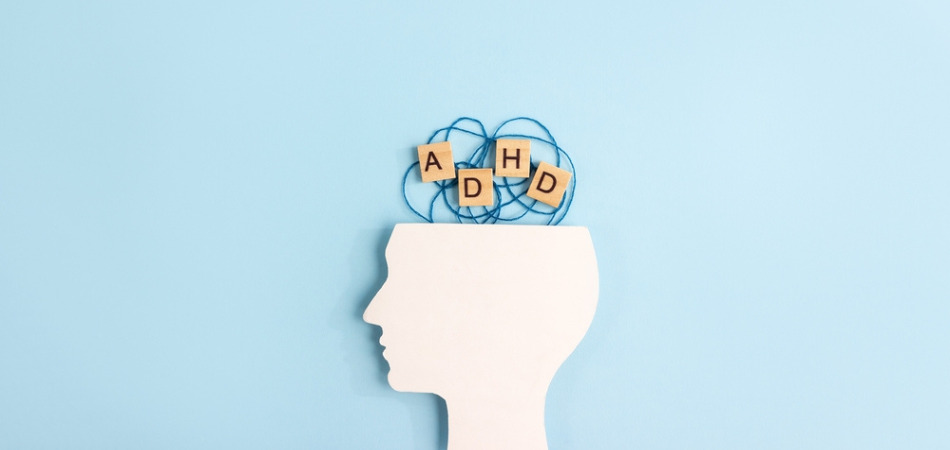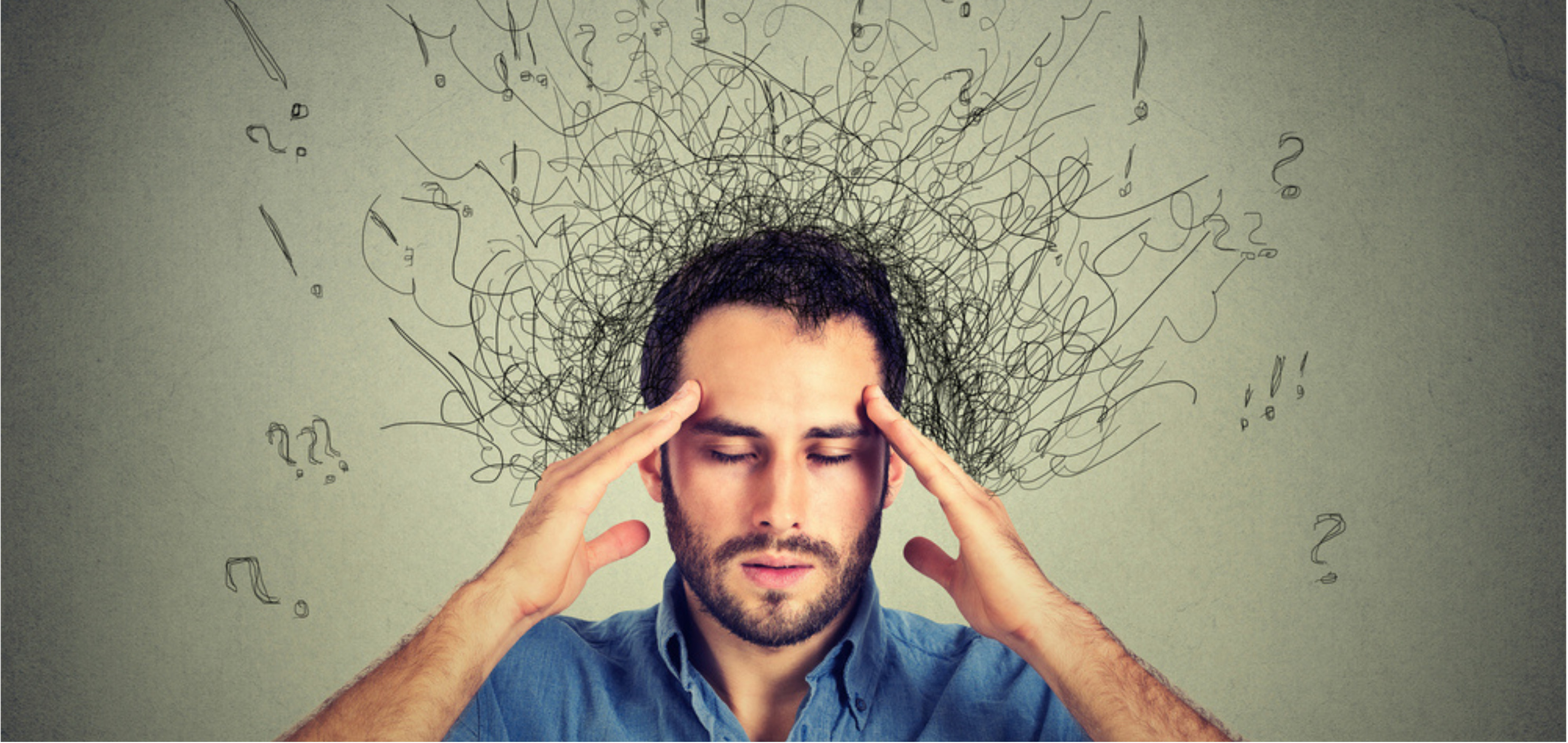
Written by:

Medically Reviewed by:
Last Updated:
February 14th, 2025
ADHD and Addiction
Does it feel like ADHD and addiction are ganging up on you, making life ten times harder? You’re not imagining it, and you’re definitely not alone. A lot of people with addiction also live with ADHD, and when these two collide, they can create phenomenal challenges. ADHD can make it tough to resist urges and addiction can make ADHD symptoms even harder to handle. But at Liberty House, we have helped many people break that cycle and take back control, one step at a time.

What is ADHD?
ADHD stands for Attention Deficit Hyperactivity Disorder, and it can feel like your brain is running a marathon while juggling a hundred things at once. With ADHD, staying focused, keeping things organised, or even sitting still can all feel impossible.
ADHD is more common than you might think. It affects about 5 in 100 children and 2 in 100 adults worldwide. While it is often diagnosed in boys, girls can have it too, though their struggles – like zoning out or losing focus – can sometimes be missed or misdiagnosed.
How to spot ADHD symptoms
ADHD shows up in two big ways: being easily distracted (inattention) or feeling restless and acting without thinking (hyperactivity-impulsivity).
Inattention ADHD symptoms include:
- Finding it hard to focus, especially on boring or repetitive tasks.
- Misplacing things like your wallet, keys or homework.
- Forgetting to do things like calling someone back or paying your gas bill.
- Getting distracted by just about anything, even the thoughts in your head.
Hyperactivity-impulsivity ADHD symptoms include:
- Feeling like you can’t stop fidgeting like tapping your fingers, bouncing your knee or pacing the room.
- Struggling to sit still, even in situations when you need to stay put.
- Acting impulsively which can sometimes lead to accidents or decisions you wish you could take back.
- Jumping into conversations or making quick choices without pausing to think about what might happen next.
What are the causes of ADHD?
There isn’t one single cause of ADHD and it is usually a combination of factors that are still not fully understood. However, some of the most common causes seem to include:
Your family genetics
ADHD often shows up in families, so if your brother or sister, parent or another close relative has ADHD, there is a higher chance you might have it, too.
Brain wiring and activity
Scientists have found that some areas of the brain – like the ones that help with focus, self-control and decision-making – might look or work differently than in people without ADHD.
Pregnancy and birth circumstances
Things like exposure to tobacco, alcohol or lead during pregnancy can increase the chances of ADHD. Even being born early or with a low birth weight could play a part in the risk of developing ADHD.
What’s the relationship between ADHD and addiction?
ADHD and addiction can feel like they are working together to make your life harder. For many people, ADHD symptoms can make substances like prescription stimulants, drugs or alcohol seem like a quick way to take the edge off or slow things down. But over time, that “quick fix” can turn into a bigger problem when you become totally reliant on them.
But the relationship between ADHD and addiction goes deeper than this. Here are some of the reasons for the high rates of dual diagnosis:
ADHD-driven impulsiveness
When you have ADHD, it can feel like your brain is always shouting, “Do it now!” without letting you stop to think first. Sometimes, that means making risky choices, like trying drugs or alcohol, which sets you on the path to a possible addiction.
Self-medicating for ADHD symptoms
Living with ADHD can feel overwhelming, like your brain is running a race it can’t win. If you are unable to get prescription ADHD medicine or it isn’t working for you, drugs or alcohol can be an appealing alternative. At first, they may feel like they’re helping, but the relief rarely lasts, and the cycle gets harder to break.
Becoming addicted to ADHD medicine
ADHD medicines themselves are not without their risks. If you take more than prescribed or use them differently than directed, it can be easy to start depending on your meds to get through the day, not just for ADHD symptoms.
How to get help for ADHD and addiction
Dealing with ADHD and addiction at the same time can feel like fighting two battles at once. ADHD makes it harder to focus, stay calm or stick with traditional treatments, which can make recovery even more challenging.
Rehab treatment at Liberty House is designed to help you manage addiction while also learning ways to handle ADHD symptoms. For even more tailored care, UKAT London Clinic offers specialised programmes that work on both ADHD and addiction side by side.
Both centres provide:
- Medical detox to clear your body of addictive substances and their toxins
- Group and individual therapy
- CBT and DBT to help with addiction and ADHD symptoms
- Holistic therapies including art, sound and yoga therapy to calm impulsive thoughts
- A family support programme to help your loved ones through the recovery process
- Physical health therapy to get you feeling fit and fresh
- Aftercare, including outpatient group therapy for a year (completely free of charge) for ongoing support
With so many options available, there’s always something that clicks. Often, the unexpected sparks the biggest shifts, so staying open to different approaches can lead to surprising and life-changing results.
Why recovery is uniquely difficult with co-occurring ADHD and addiction
Rehab can be tough for anyone but ADHD brings its own set of hurdles. Here’s how ADHD can make recovery trickier and what can help:
Struggling to stay focused
If you have ADHD, sitting still in therapy or paying attention in therapy sessions can feel impossible. Your mind might wander or you might feel restless during long discussions. To help with this, rehab centres like Liberty House can adjust treatment to suit your needs. Shorter therapy sessions, more breaks or hands-on activities like art therapy or yoga can make it easier to stay engaged and relaxed.
Managing medication safely
ADHD medications are generally stimulants which need to be handled with care during rehab. Our medical team will make sure your medication is working for you and not against your recovery, keeping everything balanced and safe.
Keeping up with structure
For people with ADHD, sticking to routines doesn’t always come naturally. Liberty House understands this and has created an easy-to-follow daily schedule. Clear rules, regular activities and plenty of support can make things feel less overwhelming and help you stay on track.
How can Liberty House Clinic help?
Dealing with ADHD and addiction at the same time can feel like you’re carrying a huge weight you can’t put down. But Liberty House is here to help take that burden off your weary shoulders. We will help you take things step by step, finding support for your ADHD symptoms and breaking free from addiction. Reach out to Liberty House today, and let’s start this together.
Frequently Asked Questions
(Click here to see works cited)
- UK Rehab. “ADHD and Addiction | Mental Health and Addiction.” UK Rehab, https://www.uk-rehab.com/mental-health/adhd-and-addiction/. Accessed 18 December 2024.
- National Institute of Mental Health. “Attention-Deficit/Hyperactivity Disorder (ADHD) – National Institute of Mental Health (NIMH).” National Institute of Mental Health, https://www.nimh.nih.gov/health/statistics/attention-deficit-hyperactivity-disorder-adhd. Accessed 18 December 2024.
- Anker, Espen, et al. “Alcohol and Drug Use Disorders in Adult Attention-deficit/Hyperactivity Disorder: Prevalence and Associations with Attention-deficit/Hyperactivity Disorder Symptom Severity and Emotional Dysregulation.” World Journal of Psychiatry, vol. 10, no. 9, 2020, pp. 202-211, https://doi.org/10.5498/wjp.v10.i9.202. Accessed 18 December 2024.
- Watson, Stephanie. “ADHD and Substance Abuse: Alcohol and Drugs Connected to ADHD.” WebMD, https://www.webmd.com/add-adhd/adhd-and-substance-abuse-is-there-a-link. Accessed 18 December 2024.
- Song, Peige et al. “The prevalence of adult attention-deficit hyperactivity disorder: A global systematic review and meta-analysis.” Journal of global health vol. 11 04009. 11 Feb. 2021, doi:10.7189/jogh.11.04009. Accessed 18 December 2024.






